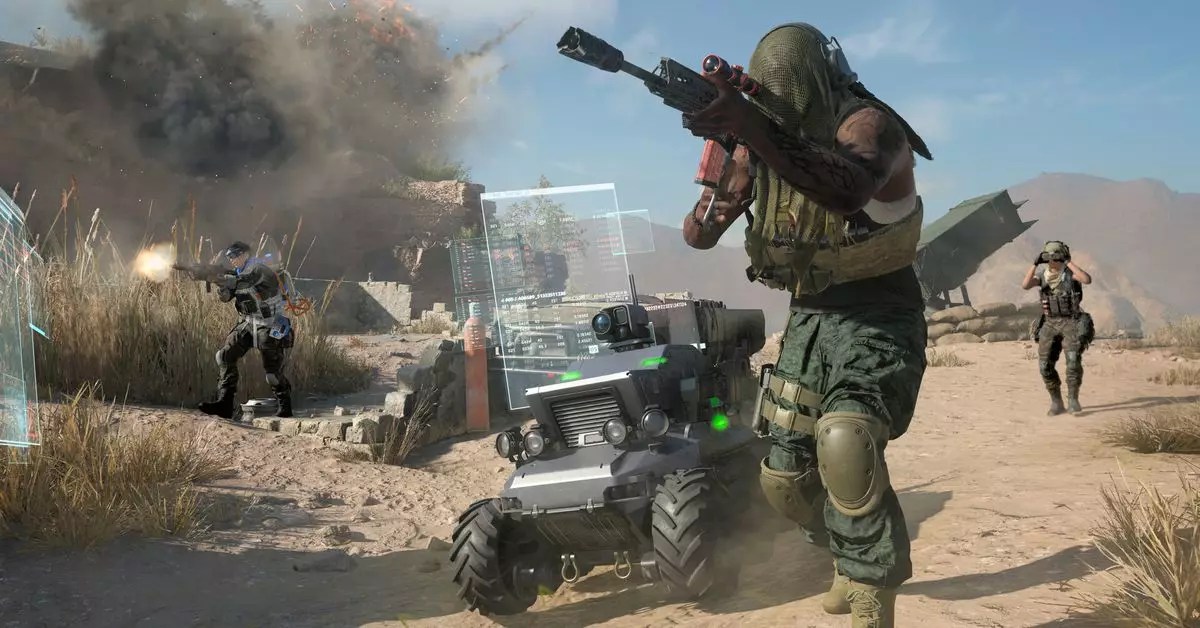The families of the victims of the Uvalde, Texas school shooting have taken legal action against Meta and Activision, the developers of popular video game Call of Duty. The lawsuit accuses both companies of promoting the use of firearms to underage boys, claiming that they played a role in conditioning the shooter to view the weapon as a solution to his problems. This is not the first time such allegations have been made against video game companies, but it is a reminder of the debate surrounding the influence of media on violent behavior.
The lawsuit alleges that the shooter, an 18-year-old named Salvador Ramos, played Call of Duty obsessively and developed marksmanship skills through the game. It is claimed that the game features the same AR-15 rifle used in the shooting, further linking the virtual world to the real-life tragedy. Additionally, the lawsuit accuses the companies of engaging in explicit and aggressive marketing on platforms like Instagram, glorifying combat and making firearms more accessible to a vulnerable audience.
In addition to Activision and Meta, the families are also suing Daniel Defense, the manufacturer of the AR-15 rifle used in the shooting. The lawsuit alleges that gun companies like Daniel Defense promote their weapons to minors on social media, contributing to a culture that normalizes violence. While Meta’s rules prohibit the sale of firearms on its platforms, the fact that the shooter purchased the weapon directly from the manufacturer’s website raises questions about the effectiveness of these restrictions.
The lawsuit presents a complex legal challenge, as platforms like Instagram and game developers like Activision are generally protected from civil lawsuits under Section 230. However, the issue becomes more nuanced when targeted advertising and marketing strategies are called into question. The attorney for the Uvalde families argues that these companies are not just facilitating the sale of firearms, but actively contributing to the normalization of violence among young people.
Video game companies have long defended themselves against allegations that their products can incite real-world violence. Research has consistently shown that there is no direct link between playing video games and committing violent acts. Despite this, politicians and concerned groups continue to point fingers at the industry following tragic events like school shootings. The failure of past lawsuits targeting video game companies for the actions of perpetrators further complicates the issue.
The lawsuit filed by the families of the Uvalde victims raises important questions about the role of video game marketing in shaping attitudes towards violence among young people. While the legal outcome remains uncertain, it is clear that this case will reignite the ongoing debate surrounding the influence of media on real-world behavior. It is crucial for all stakeholders, including lawmakers, industry leaders, and the general public, to engage in a thoughtful and evidence-based discussion on this complex and emotionally charged issue.


Leave a Reply